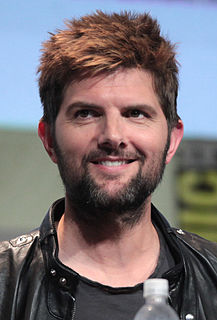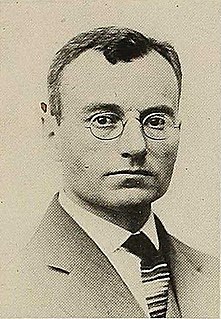A Quote by Albert Bandura
In social cognitive theory, perceived self-efficacy results from diverse sources of information conveyed vicariously and through social evaluation, as well as through direct experience
Related Quotes
People are much more likely to act on their self-percepts of efficacy inferred from many sources of information rather than rely primarily on visceral cues. This is not surprising because self knowledge based on information about one's coping skills, past accomplishments, and social comparison is considerably more indicative of capability than the indefinite stirrings of the viscera
Perceived self-efficacy also shapes causal thinking. In seeking solutions to difficult problems, those who perceived themselves as highly efficacious are inclined to attribute their failures to insufficient effort, whereas those of comparable skills but lower perceived self-efficacy ascribe their failures to deficient ability
The logic of all this seems to be that it is all right for young people in a democracy to learn about any civilization or social theory that is not dangerous, but that they should remain entirely ignorant of any civilization or social theory that might be dangerous on the ground that what you don't know can't hurt you ... a complete denial of the democratic principle that the general diffusion of knowledge and learning through the community is essential to the preservation of free government.



























